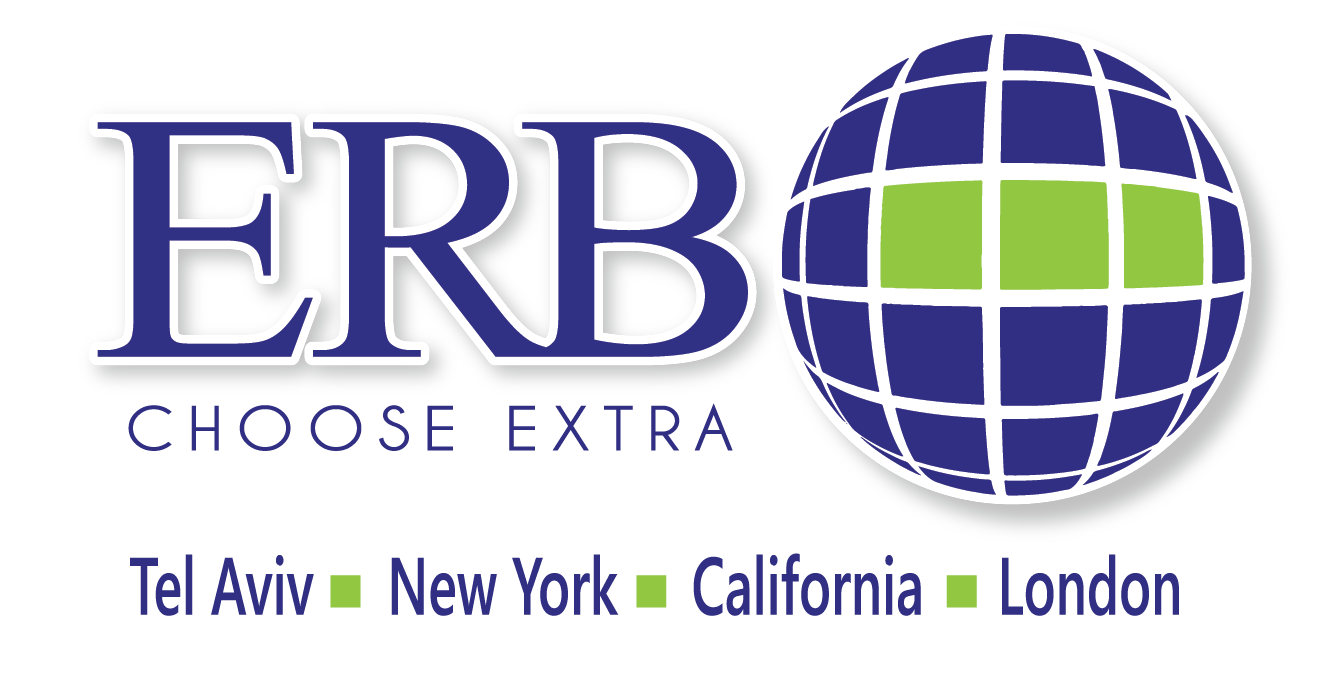The original treaty, dating back to 1962, was last amended in 1970. The new amendment has a number of significant ramifications for taxation calculations for individuals immigrating to Israel from the UK, companies involved in trade between the two countries and especially for companies operating in both countries. These changes mean yet another challenge to your financial planning, a challenge with may best be outsourced to an accountant or CFO with expertise in the specific field of both British and Israeli tax codes.
The three main changes which the above should take note of include:
Companies with multiple residency face danger of multiple taxation: Among the clauses included in the amendment is the redefinition of the place of effective management of corporate entities. From now on the tax authorities of both countries will “determine” the country of residence for treaty purposes, having regard to its place of effective management, the place of incorporation “and any other factors” (not defined). This is likely to be a complex bureaucratic process requiring extensive knowledge of the legal and tax codes of both countries to successfully position any given company in the tax environment optimal for it. Indeed, a danger exists that companies will be subject to “double taxation” in case of disagreement between Israeli and UK tax authorities.
Non-applicability of tax benefits for expatriate Israelis in the UK classified as resident non-domicile: Up to now Israelis, like any expats, residing in the UK prepared to pay 50,000 pounds a year could be classified as Resident Non-Domicile and be exempt of taxation for any income not transferred to the UK (remittance basis). The amendment explicitly removes any Israeli taxation exemptions for these individuals: if an Israeli expat owns an Israeli company any dividends allocated to him will be liable for taxation by Israel at the usual rates if he chooses to be classified as resident non domicile.
Tax benefits for immigrants and returnees to Israel deriving income from UK investments: The new amendment states that immigrants and returnees to Israel shall be deemed Israeli residents for tax purposes. It seems to imply that the same shall apply to immigrants and expats deriving income from investments in the UK – they will seemingly enjoy both the tax exemption specified in clause 14 and 97 of the Israeli tax code, and tax benefits defined in the amendment to the tax treaty.
There are numerous other changes in the brought about by the amendment, including:
- The amendment is specifically defined as applying to income from transparent entities.
- The tax liability of independent services has been subjected to the same test as institutions.
- A 5% rate of deduction of tax at source now applies to dividends paid by UK resident companies to Israeli companies and vice versa when the receiver has essential control of the allocator. The rate rises to 15% in the case of allocation of dividends to individual stock owners or companies without essential control.
- Deduction of tax at source has been reduced from 15% to 10% on interest paid to residents of the other country (5% if paid to a bank resident in the other country).
- In spite of the general exemption on capital gains in the country where the asset is located, each country is defined as free to tax the sale of shares of companies whose primary assets are real estate assets within its own borders.
- Ecommerce- Under the amended treaty, a company from one country may have a taxable term permanent establishment (fixed place of business) liable to sales tax and other taxes in the other country if any combination of activities such as storage are not of a preparatory or auxiliary character. In practice, this means local income tax and sales tax for online suppliers that uses local warehouses e.g. if a UK clothing store sells clothes over the Internet to Israeli residents if the clothes pass through a warehouse or fulfillment house in Israel.
What does all this mean for your business plan and financial planning?
To get a clear answer what all this means, you need to consult with an accountant and/or CFO with in depth knowledge of the revised tax treaty as well as both the Israeli and UK tax codes.
